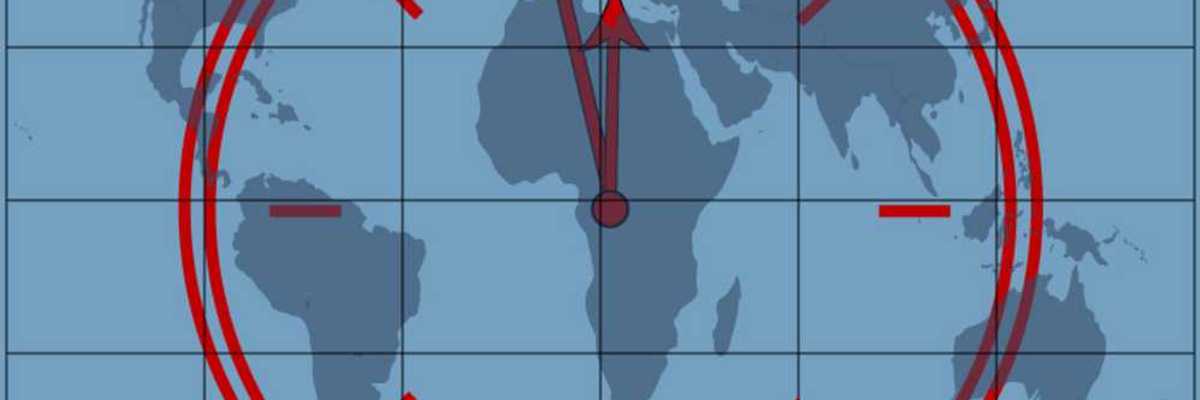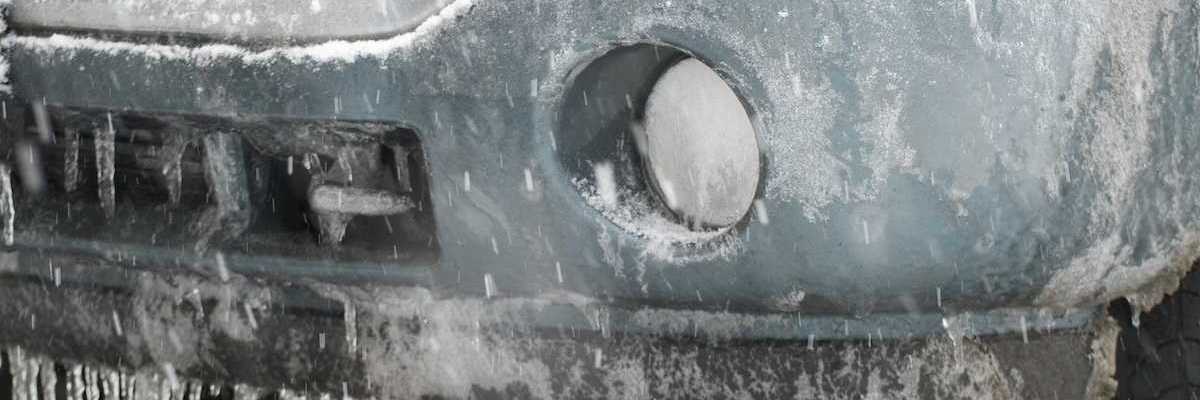no2
Politicians in Belgium urged to strengthen low emission zones
The Mutualités Libres insurance group and other experts advocate for enhanced clean air measures to counteract the dangers of air pollution.
In short:
- Mutualités Libres, a Belgian insurer, studied the impact of low emission zones (LEZs) on air pollution in Antwerp, Brussels, and Ghent.
- The research revealed that residents inside the LEZs experienced quicker improvements in air quality, particularly in reducing nitrogen dioxide, soot, and particle pollution.
- Despite progress, the insurer stresses the need for continued action, calling for expanded measures to protect public health and ensure cleaner air in cities.
Key quote:
"Policymakers should support and embrace initiatives like LEZs to improve air quality in cities. This is not the time to press a 'pause button' or turn back the clock."
— Dr. Luk Bruyneel, Mutualités Libres
Why this matters:
Cleaner air has tangible health benefits, and by enhancing LEZs and other initiatives, policymakers can significantly reduce the risk of heart and lung illnesses and promote healthier, more livable urban environments. Read more: Tiny particles of air pollution appear more deadly if from human-made sources.
Is the UK doing enough to monitor air pollution?
Is the UK doing enough to monitor air pollution?
Electric trucks could reduce air pollution, improve health
The Yale Climate Connections team writes about environmental justice advocates who are calling for a zero-emission freight transportation system.
In a nutshell:
Low-income Black and Brown communities are disproportionately affected by the harmful pollution caused by diesel trucks transporting cargo across the country. The Moving Forward Network, a nationwide coalition, is advocating for a shift to a zero-emission freight transportation system, embracing electric trucks powered by clean energy. While the EPA has introduced new rules for regulating truck emissions, they fall short of the coalition's ambitions, prompting calls for stronger regulations to ensure a healthier and happier life for those living near these concentrated vehicle routes.
Key quote:
“For people who have to live … in the area where a lot of these vehicles are concentrated, they just want to live a happy and healthy life,” Serenity Williams says. “And to do that, we need the stronger rules so the freight industry can be held to account for what they’re producing.”
The big picture:
As diesel trucks transport goods across the country, they release pollutants that contribute to climate change and negatively impact air quality. The burden of this freight pollution falls disproportionately on low-income communities of color, who often reside near highways, ports, and distribution centers. Exposure to diesel exhaust is linked to cardiovascular issues, cancer risk and even neurological impacts.
Read more at Yale Climate Connections.
More from EHN:
Regan Patterson argues that electrification isn't enough. Transportation justice requires a redistribution of power.
Krystal Vasquez reports on a study showing that low-income people of color in the U.S. are exposed to 28% more nitrogen dioxide in the air they breathe compared to their wealthier white counterparts.
Air pollution from oil and gas industry costs $77bn in US health impacts each year
New research published this week claims that adverse health impacts -- including hospitalizations for respiratory and cardiovascular conditions and pregnancy complications -- are costing the US billions.
Remote sensors see NO2 ‘hot spots’ from offshore oil activity
Major cities blighted by nitrogen dioxide pollution, research finds
Shanghai, Moscow and Tehran have the highest levels of NO2 pollution, according to the research.









